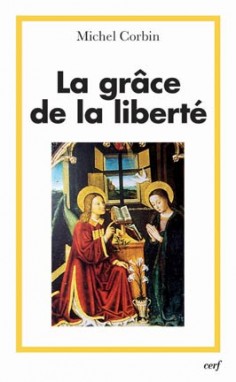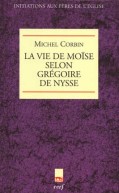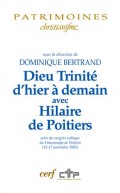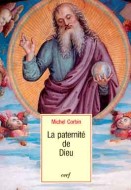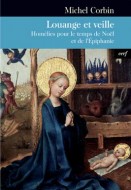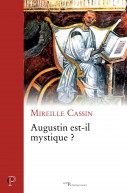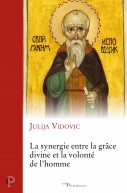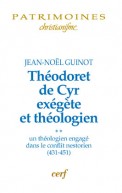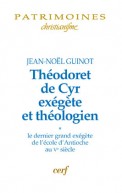La Grâce de la liberté
Collection Théologies
384 pages - sept. 2012
36,30€
La liberté est-elle le pouvoir souverain de dire oui ou non, d'aimer ou de ne pas aimer, de pécher ou de ne pas pécher ? S'il en est ainsi, remarque Anselme, lecteur d'Augustin, l'homme n'a nul besoin de la grâce, et la liberté ne peut plus être dite de Dieu. Aussi doit-elle être définie comme « le pouvoir de garder la droiture du cœur pour elle-même ». En Dieu, elle est fidélité à une Alliance où Il dépasse toute idée possible de Lui ; en nous qui avons péché en Adam, elle ne peut s'exercer que libérée par le don de l'Esprit saint qui flue du cœur blessé de Jésus. Et, comme nous ne cessons de demander à son Père que cet Esprit nous vienne en plus grande abondance, le lieu de l'expérience de la grâce n'est autre que la prière où nous nous en remettons à la bonté plus que bonne de ce Dieu et Père. C'est pourquoi la terrible thèse augustinienne de la double prédestination des hommes au ciel ou à l'enfer est à rejeter, non seulement parce qu'elle enlève toute assise à la prière, mais parce qu'elle contredit la médiation de Paul, aux chapitres 9 à 11 de la lettre aux Romains, sur le mystère d'Israël, élu pour les Nations. Dieu n'est qu'« Amour » (1 Jn 4, 8), et son impossibilité de changer est plus forte et plus attirante que toute puissance absolue capable de faire n'importe quoi.
--
Is freedom the supreme power to say yes or no, to love or not to love, to sin or not to sin? If this is the case, remarks Anselm - reader of Augustine – man doesn’t need grace, and freedom can no longer be considered as God-given. It must then be defined as “the power to preserve rectitude of will for its own sake”. In God, freedom is faithfulness to an Alliance. In men, who have sinned in Adam, it can only be deployed when liberated by the gift of the Holy Spirit which flows from the wounded heart of Jesus. And since we are constantly praying his Father that the Spirit should come to us more abundantly, the place in which we experience grace is none other than prayer, where we lay ourselves down in front of the greater goodness of God and Father. That is why Augustine’s theory about the double predestination of men to heaven or hell should be rejected, not only because it robs prayer of its foundations, but because it contradicts the Paul’s mediation on the mystery of Israel, chosen among the nations. God is only ‘Love’ and the fact that God cannot change is stronger and more attractive than any other absolute power capable of any other thing.
--
Is freedom the supreme power to say yes or no, to love or not to love, to sin or not to sin? If this is the case, remarks Anselm - reader of Augustine – man doesn’t need grace, and freedom can no longer be considered as God-given. It must then be defined as “the power to preserve rectitude of will for its own sake”. In God, freedom is faithfulness to an Alliance. In men, who have sinned in Adam, it can only be deployed when liberated by the gift of the Holy Spirit which flows from the wounded heart of Jesus. And since we are constantly praying his Father that the Spirit should come to us more abundantly, the place in which we experience grace is none other than prayer, where we lay ourselves down in front of the greater goodness of God and Father. That is why Augustine’s theory about the double predestination of men to heaven or hell should be rejected, not only because it robs prayer of its foundations, but because it contradicts the Paul’s mediation on the mystery of Israel, chosen among the nations. God is only ‘Love’ and the fact that God cannot change is stronger and more attractive than any other absolute power capable of any other thing.
- Dimensions : 145x235x30
- ISBN : 9782204097383
- Poids : 600 grammes
DU MÊME AUTEUR
> VOIR TOUS LES LIVRES DE l'AUTEUR

